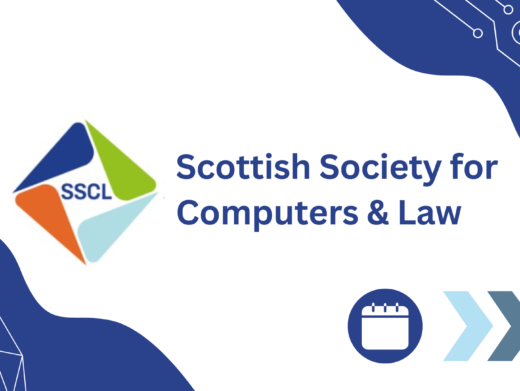In its Communication of September 2017 on tackling illegal content online, the European Commission promised to monitor progress in tackling illegal content online and take a view on whether additional measures were needed. As a follow-up, the Commission is now recommending a
set of operational measures to be taken by companies and Member States to further step up this work before it determines whether it will be necessary to propose legislation. These recommendations apply to all forms of illegal content ranging from terrorist content, incitement to hatred and violence, child sexual abuse material, counterfeit products and copyright infringement.
Vice-President for the Digital Single Market Andrus Ansip said:
“Online platforms are becoming people’s main gateway to information, so they have a responsibility to provide a secure environment for their users. What is illegal offline is also illegal online. While several platforms have been removing more illegal content than ever before – showing that self-regulation can work – we still need to react faster against terrorist propaganda and other illegal content which is a serious threat to our citizens’ security, safety and fundamental rights.”
The operational measures in question include:
- Clearer ‘notice and action’ procedures: Companies should set out easy and transparent rules for notifying illegal content, including fast-track procedures for ‘trusted flaggers’. To avoid the unintended removal of content which is not illegal, content providers should be informed about such decisions and have the opportunity to contest them.
- More efficient tools and proactive technologies: Companies should set out clear notification systems for users. They should have proactive tools to detect and remove illegal content, in particular for terrorism content and for content which does not need contextualisation to be deemed illegal, such as child sexual abuse material or counterfeited goods.
- Stronger safeguards to ensure fundamental rights: To ensure that decisions to remove content are accurate and well-founded, especially when automated tools are used, companies should put in place effective and appropriate safeguards, including human oversight and verification, in full respect of fundamental rights, freedom of expression and data protection rules.
- Closer cooperation with authorities: If there is evidence of a serious criminal offence or a suspicion that illegal content is posing a threat to life or safety, companies should promptly inform law enforcement authorities. Member States are encouraged to establish the appropriate legal obligations.
- One-hour rule: Considering that terrorist content is most harmful in the first hours of its appearance online, all companies should remove such content within one hour from its referral as a general rule.
- Faster detection and effective removal: In addition to referrals, internet companies should implement proactive measures, including automated detection, to effectively and swiftly remove or disable terrorist content and stop it from reappearing once it has been removed. To assist smaller platforms, companies should share and optimise appropriate technological tools and put in place working arrangements for better cooperation with the relevant authorities, including Europol.
- Improved referral system: Fast-track procedures should be put in place to process referrals as quickly as possible, while Member States need to ensure they have the necessary capabilities and resources to detect, identify and refer terrorist content.
- Regular reporting: Member States should on a regular basis, preferably every three months, report to the Commission on referrals and their follow-up as well as on overall cooperation with companies to curb terrorist online content.
Measures may differ according to the nature of the illegal content, and the Recommendation encourages companies to follow the principle of proportionality when removing illegal content.
Next steps
The Commission will monitor the actions taken in response to the Recommendation and determine whether additional steps, including, if necessary legislation, are required. The Commission will also continue its analytical work, working closely with stakeholders, and in this context will launch a public consultation on this matter in the coming weeks. In order to allow for the monitoring of the effects of the Recommendation, Member States and companies will be required to submit relevant information on terrorist content within three months, and other illegal content within six months.
The Commission is keen to emphasise that the Recommendation in no way modifies the e-Commerce Directive which exempts online intermediaries from liability for the content they manage under certain conditions.




